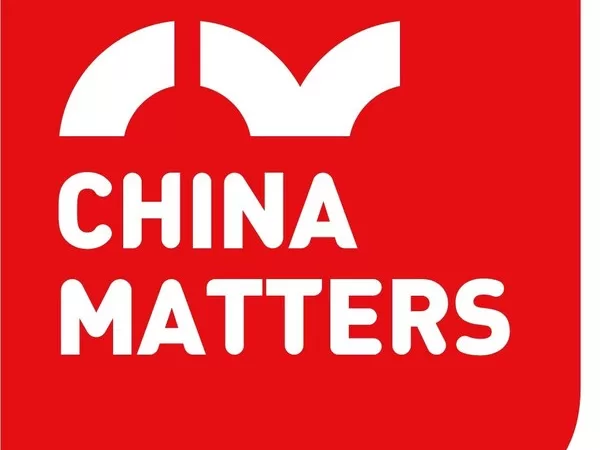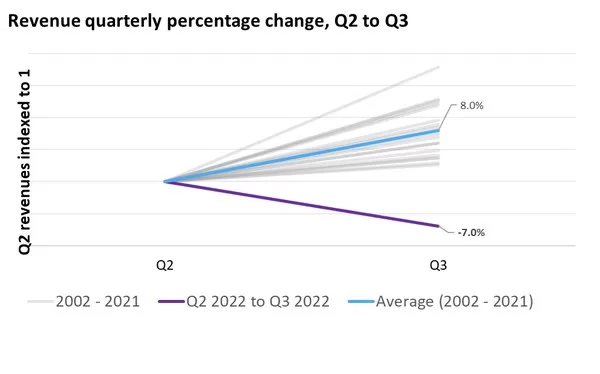BEIJING, Dec. 16, 2022 — A news report by China.org.cn: A collection of case studies highlighting best poverty alleviation and rural development practices that have been implemented in Gansu province…
CGTN: Infrastructure, vaccines and space: China-Arab sci-tech cooperation
BEIJING, Dec. 12, 2022 — Under the Belt and Road Initiative (BRI), China-Arab cooperation in the fields of infrastructure, space and health has been continuously developed in a sustainable…
Infobird Co., Ltd Announces Receipt of Delinquency Notification Letter from Nasdaq
BEIJING, Dec. 9, 2022 — Infobird Co., Ltd (NASDAQ: IFBD) ("Infobird" or the "Company"), ), a leading and long-standing SaaS providers in serving large enterprises in the finance industry…
From Cuju to World Cup: One football dream
BEIJING, Dec. 2, 2022 — A news report from China.org.cn on the World Cup and China’s football development:   The quadrennial FIFA World Cup is in full…
Meeting of Global Alliance of Leaders in Paris
NUR-SULTAN, Kazakhstan, Dec. 2, 2022 — On November 29, 2022, meeting of Global Alliance of Leaders for Nuclear Security and Nuclear-Weapon-Free World (GAL),…
CGTN: China, Mongolia inject impetus into ties through three engines
BEIJING, Nov. 29, 2022 — Mongolian President Ukhnaagiin Khurelsuh is paying a state visit to China just two days after the Zuunbayan-Khangi railway, the third railway to connect Mongolia with…
Chinese expert: New methodology lays groundwork for high-quality think tank development
BEIJING, Nov. 25, 2022 — A news report by China.org.cn on a new approach to think tank research known as double helix methodology. This fall, "Bulletin of Chinese Academy…
ZOLOZ ranked among Top 100 RiskTech Providers in the 2023 Chartis RiskTech100® Annual Report
SINGAPORE, Nov. 24, 2022 — ZOLOZ, a global leading technology service provider of AI-powered Digital Identity Verification Solution, has been recognized by Chartis Research as one of the top…
China Matters releases a short video “11 Reasons Why I’ve Fallen in Love with Beijing” to tell an American vlogger’s view
BEIJING, Nov. 23, 2022 — From rich culture and history to convenient and enriched lifestyle, Beijing is an attractive place in the view…
Omdia: Semiconductor market declines into uncharted (seasonal) territory
LONDON, Nov. 22, 2022 — The semiconductor market has had an exceptional run of sequential revenue growth during the COVID-pandemic period that began in early 2020 according to Omdia’s…












